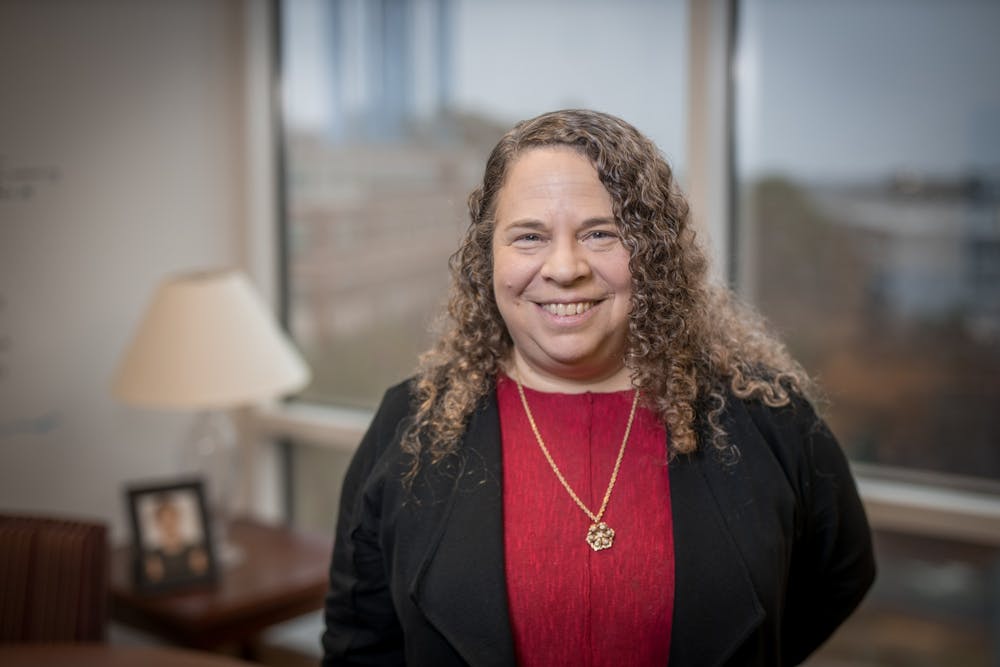The causes of Alzheimer's disease are not yet well known, but some potential factors include health, lifestyle, environmental and family history, according to the Centers for Disease Control and Prevention.
But the newly established Duke-UNC Alzheimer’s Disease Research Center (ADRC) will work to better understand how to prevent, delay and treat Alzheimer's with funding from the National Institutes of Health, which is expected to total $14.8 million over the next five years. The Duke-UNC collaboration will now be recognized as one of the NIH Centers of Excellence.
"The timing for a new joint center was right," said Duke University School of Medicine professor Kathleen Welsh-Bohmer , a co-leader of the ADRC's Outreach, Recruitment and Engagement Core. "Together, the teams across the institutions bring incredible strengths to the study of the factors that influence brain aging and the development of Alzheimer’s disease across the lifespan with an eye towards early interventions."
Alzheimer’s — the most common form of dementia — is "a progressive disease beginning with mild memory loss and possibly leading to loss of the ability to carry on a conversation and respond to the environment," according to the CDC.
The NIH funding will be transformative for what Duke and UNC would be able to do for Alzheimer's research in Eastern North Carolina, said ADRC co-director Dr. Heather Whitson, a professor of medicine and director of the Duke Center for the Study of Aging and Human Development.
But the grant is about more than just the money, Whitson said. She said being part of the 33-center nationwide network will help North Carolina be better represented in national data on Alzheimer’s disease and will allow UNC and Duke investigators to have easy access to the data.
ADRC research
Together, the teams across the institutions contribute to the study of factors that influence brain aging and the development of Alzheimer’s disease, with an emphasis on early intervention, Welsh-Bohmer said in an email statement.
The center aims to provide outreach and education to the community about Alzheimer's and how to deal with it as a patient or a caregiver, Whitson said.




